Lower Shore Tribal Heritage Project
Author: David O’Reilly, retired Columnist for the Philadelphia Inquirer
Cities and urban populations along the Delaware River and Chesapeake seem to be where Upstream Alliance was looking to launch new projects after its leadership retreat last October. But UA’s newest partnership finds us joining forces with the Accohannock Indian Tribe in southernmost Maryland.
Upstream staffers, volunteers and friends gathered May 9-11 for two get-acquainted meetings with tribe members and to learn about their history and aspirations. We also had two fine paddle trips - one sunny and brief on Thursday, the second fairly long and demanding on Friday. But the emotional (and surprise) highlight of the gathering came Friday evening, when the tribe’s medicine man conducted a ritual blessing, or purification ceremony, for Erica Baugh’s infant son, Hank.
The Accohannock, who number about sixty, were a prominent presence on the lower Eastern Shore for centuries. But starting in the 17th Century, as European settlers began claiming tribal land, the Accohannock chose to intermarry with the white settlers rather than relocate. Nearly all lost their native identity through assimilation in the centuries that followed, but in 1993 several dozen decided to reconstitute the tribe and reaffirm their identity, and won recognition as a tribe from the State of Maryland.
Now the tribe is looking to acquire acreage somewhere in the vicinity of their origins - i.e., around Crisfield - where they may hold meetings and conduct traditional rituals. Upstream has offered to help them acquire a suitable site and funding for its purchase. And that’s what brought us together under the large pavilion at Janes Island State Park, a beautiful park comprising 2,900 acres of pristine marshland, beaches and wooded camping areas about two miles outside Crisfield.
Threats of heavy rain and daytime thunderstorms never materialized, and on Thursday afternoon we did a short paddle under gloriously sunny skies to a pristine beach, which we explored for several hours in a vain but pleasant search for arrowheads.
That evening the tribe made us dinner (beef-buffalo tacos) and their leaders shared with us the Accohannocks’ story and why they chose to reconstitute their tribal identity. They spoke of the sense of pride and history they associate with the tribe, but also of the sense of community and belonging that it confers. Tribe members look out for one another in time of need, they said, and celebrate one another’s joys. They also spoke of their deep devotion to the earth, and told us of a 30-acre property nearby with a freshwater pond at its center and an adjacent tidal creek that flows into Pocomoke Sound. They described it as ideal for gatherings and traditional rituals and how much it would mean to them to acquire it. Regional representatives of Ducks Unlimited, Eastern Shore Land Conservancy, Lower Shore Land Trust, The Nature Conservancy MD-DC Chapter, Audubon Mid-Atlantic, Interfaith Partners for the Chesapeake, and U.S. Fish & Wildlife were present for the tribe’s presentation and endorsed its efforts to acquire a site.
It perhaps comes as no surprise that Friday’s paddle thus had a theme and purpose. It took us ten miles under gray skies from a desolate beach on Apes Hole Creek into Pocomoke Sound, where we battled headwinds for about five miles along some vast, beautiful marshes struggling because of sea level rise. We had the wind behind us once we turned into the serpentine East Creek, however, and it gently blew us inland to a slender tributary flanking the tribe’s desired property. We were greeted there by the tribal chief, Clarence Lone Wolf Tyler, and the husband and wife who own the site, which we then toured before heading back to the state park.
That evening at the pavilion the tribe showed us some wonderful examples of arrowheads, axes, clubs and other items that their forebears had left around their homeland centuries ago. That alone was powerful, but then we discovered that their medicine man had agreed to conduct a kind of blessing on Erica Baugh’s three-month old son Hank. (Erica is UA’s Chief Operating Officer. She and her husband, who now live in Michigan, had come east for a conference, and she and Hank and his grandmother, Janet Harrison - Don’s wife - traveled down to the camp to say hello).
The spiritual leader, John Baldwin, explained that the ritual was like a christening but more accurately a purification ceremony, in which he could smudge Hank with incense and ask the Great Spirit to protect him from evil and harm. After smudging several members of the tribe, he then approached Hank and Erica with a perforated abalone shell which held burning sage leaves. He used the smoke from the sage to cover Hank and Erica. It was quite touching, so much so that six or seven members of our Upstream “tribe” stepped forward to also be incensed, one by one, including Hank’s proud grandfather, Don.
Mr. Baldwin, the spiritual leader, noted that the purification ritual did not confer an additional name on Hank, and that American Indians traditionally acquire their spiritual names in adulthood. It was a unique and powerful moment in the nine-year history of Upstream, and several of those who partook in the ceremony said afterwards they felt privileged to have been part of it. The Accohannock seemed to be very gratified by the respect we showed their traditions.
Don tells us that the tribe is in conversation with property owners about their asking price, so stay tuned.









